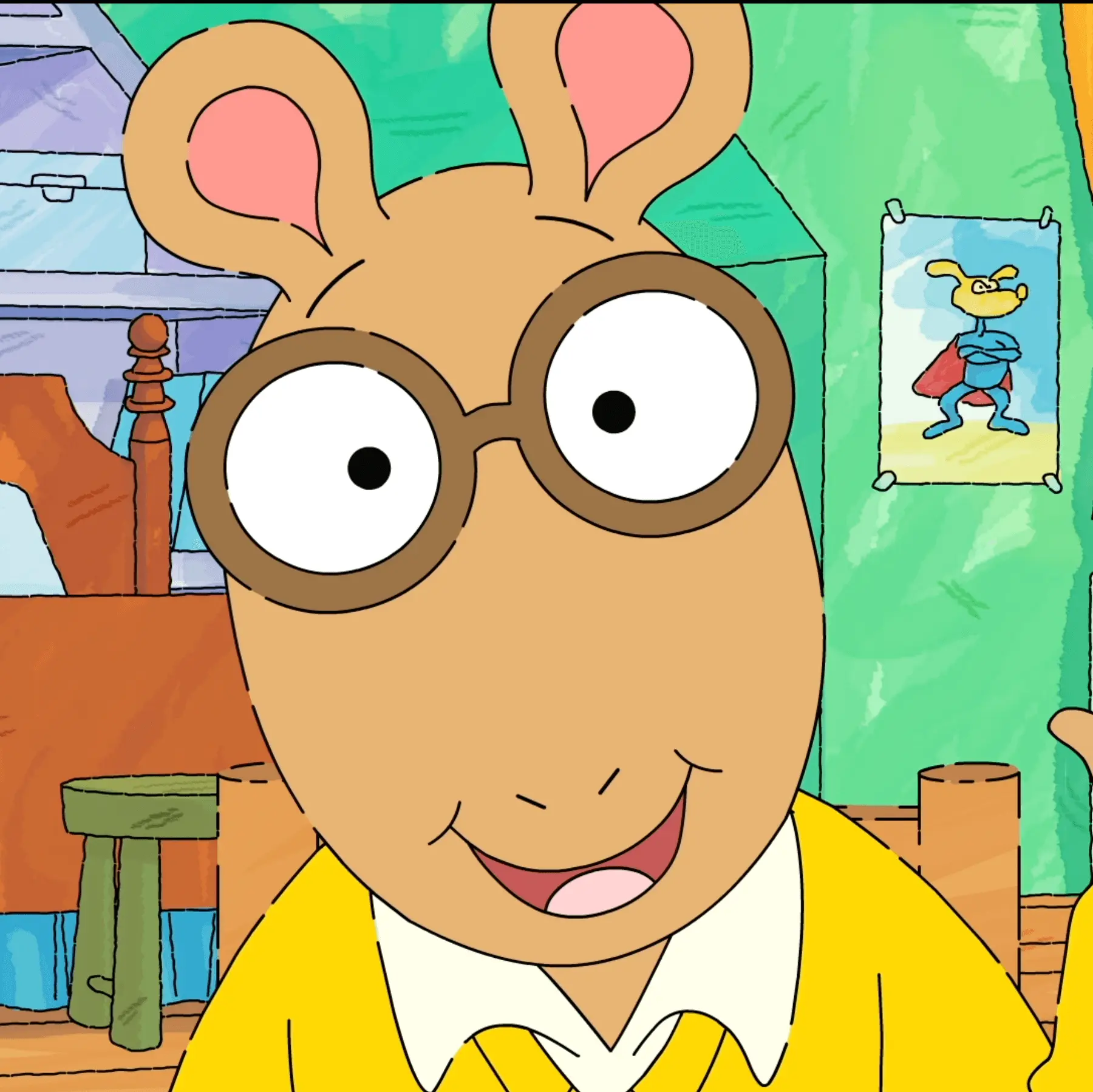Plot (minimal spoilers)
In the 1800, at the hight of the English colonial empire, a Chinese boy called Robin is taken away from his motherland to study translation at Oxford, where translation is the key to the magical silver works. At Oxford, he is confronted with deep-rooted discrimination. There, he finds friendship and, after all, a sense of belonging. But the Empire’s greed knows no bounds, and Robin will have to make difficult choices.
Commentary
This book is a masterpiece, a tapestry of words woven with many theme, each complementing and expanding the others. The recurring theme is language, but that’s just the beginning. This book talks about friendship, about happy days, dedication and success, it talks about exploitation, capitalism, colonisation and deep-seated rage. It uses an empathic, charming writing to talk about harsh truths that are hard to confront. As a reader, you get lulled in, starting the story with a fairly standard beginning for a coming of age story with a steam punk setting, but you soon find yourself in a very different literary landscape, a landscape rarely explored with this much talent.
I have it on audible and I am extremely interested in giving it a listen
Let me know what you think of it! For me, this has been one of the best recent books I’ve read, easily top 3 of the last 5 years.
Yay! I’ve been waiting eagerly for you to post a review here. I picked up Babel after you mentioned it in a different thread and I sat down and read it in under 24 hours. It was such a fantastic, far reaching and moving narrative that touched on so many societal issues. I love love love this novel and already bought copies for my friends.
I’m glad you also liked it! I was surprised to see the goodreads rating being lower than I expected. I appreciate hearing from others that have read it and enjoyed it.
Other general comments:
She uses footnotes like Pratchett does, to give significant additional flavour to the whole world.
The only negative comment I can give is that many characters are modern characters dropped back in time. I strongly doubt that anyone in the 1800s thought in the same way as some of the characters in this book. On the other hand, this makes the whole book relatable for a modern audience, so I accept it.


